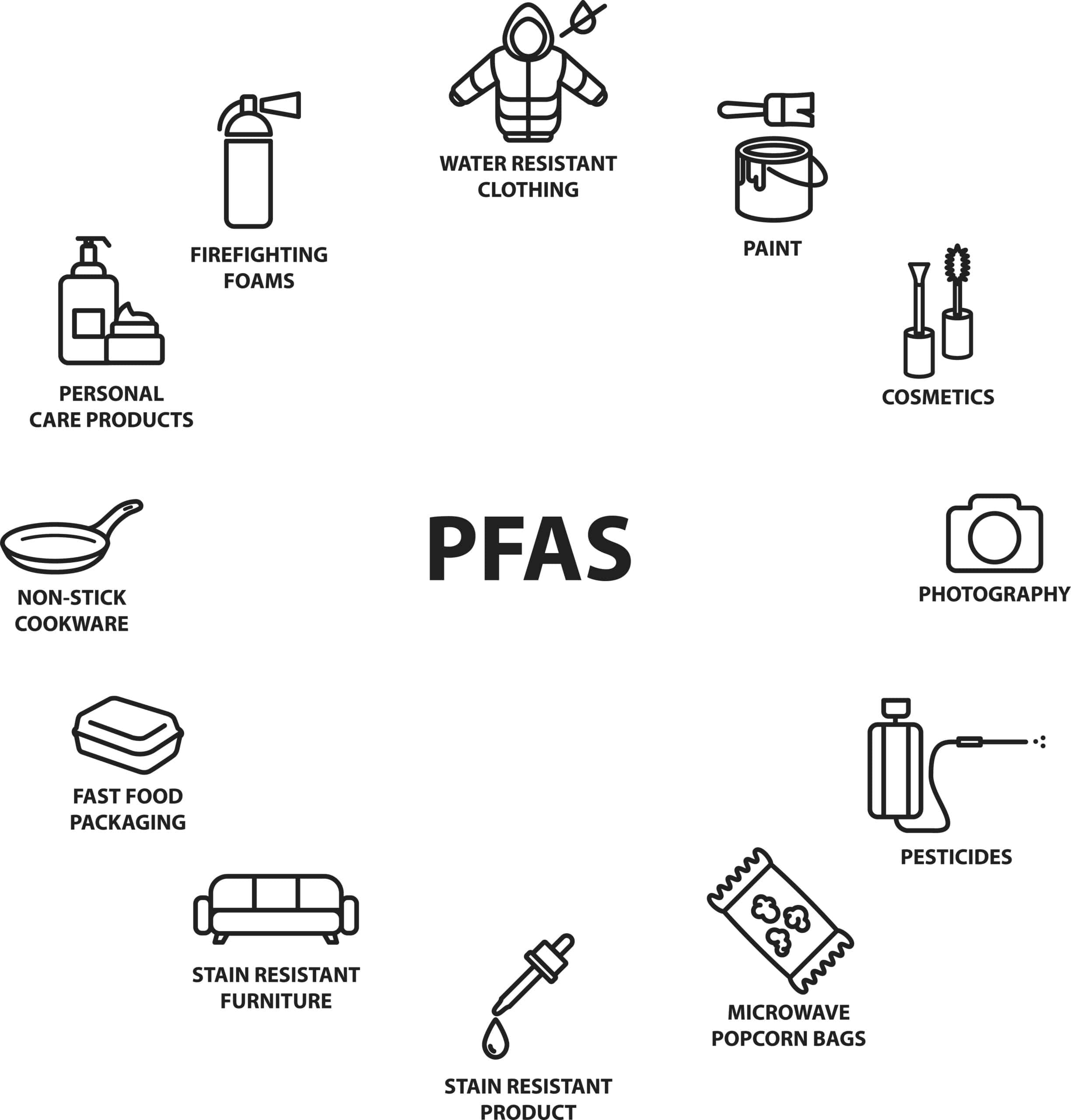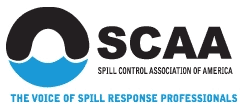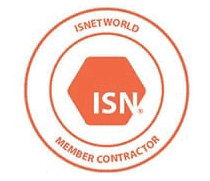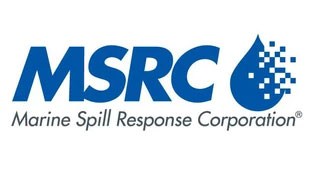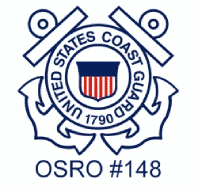Per- and polyfluoroalkyl substances (PFAS) are human-made chemicals utilized in various industrial and consumer products for their water- and grease-resistant properties. Examples include non-stick cookware, food packaging, stain-resistant fabrics, and firefighting foams. Due to their persistence and potential environmental and health risks, PFAS pose significant challenges for waste generators.
This article will look at the dangers associated with these chemicals and examine how Environmental Protection Agency (EPA) rulings could affect various industries.
Environmental and Health Risks Associated With PFAS Contamination
PFAS contamination poses risks due to the potential for persistence, bioaccumulation, and toxicological properties. Once released into the environment, these chemicals can stay for extended periods without degrading, leading to widespread soil, water, and air contamination. This allows them to accumulate in ecosystems and enter the food chain.
Human exposure to PFAS can also occur through consuming contaminated food and water and inhaling airborne particles. These chemicals have been linked to various adverse health effects, including developmental, reproductive, and immunological disorders.
EPA Actions To Address PFAS
EPA has accelerated the research and actions needed to tackle the crisis. Here are some of the actions they are taking:
Methods for Measuring PFAS in the Environment
In January 2024, the EPA released the following methods to better measure chemicals in the environment:
- Final EPA Method 1633is a standardized procedure developed by the EPA for testing the presence of 40 different types of PFAS. This provides a comprehensive approach to analyzing contamination levels.
- Final EPA Method 1621serves as a screening tool designed to detect the presence of chemical substances containing carbon-fluorine bonds. It offers a broader scope for knowing contaminants and other related compounds in wastewater treatment plants and other facilities.
- Other Test Method (OTM)-50 measures volatile fluorinated compounds in air samples. This method is particularly useful for monitoring airborne emissions from industrial processes, waste disposal sites, and other sources.
Proposed Resource Conservation and Recovery Act
In February 2024, the EPA introduced two proposed regulations under the Resource Conservation and Recovery Act (RCRA). They aimed at protecting communities from emerging chemicals of concern. These regulations would expand the list of RCRA hazardous constituents to include nine types of PFAS, enhancing regulatory oversight and management of these contaminants.
The proposed rules clarify the EPA’s and authorized states’ authority to mandate cleanup of the substances intended under the RCRA framework. This guarantees a more robust response to chemical contamination incidents and other environmental hazards. If implemented, these regulations will represent a significant step forward in addressing chemical-related ecological and health risks.
Proposal To Clarify Authority To Address Releases of Hazardous Waste at Treatment, Storage, and Disposal Facilities
On February 8, 2024, the EPA introduced proposed changes to amend the definition of hazardous waste. These amendments address corrective actions for releases from solid waste management units at approved facilities. They seek to grant explicit regulatory authority to address contaminants not currently covered by the regulatory definition of hazardous waste.
Partner With Hull’s Environmental Services for PFAS Management
At Hull’s Environmental Services, we provide tailored solutions to address contamination challenges. Our team of experts is committed to delivering comprehensive services, including contamination assessment, remediation, and ongoing monitoring.
Contact us today to learn more!

